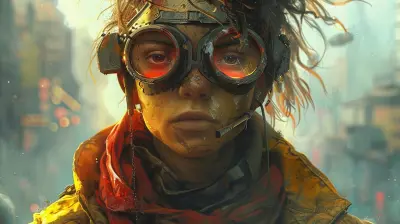Digital Friends: Building Emotional Bonds With Game Characters
28 July 2025
Have you ever found yourself genuinely caring about a character in a video game? Maybe you’ve laughed at their witty one-liners, felt your heart sink when they were in danger, or even cried when their story hit a tragic note. Don’t worry—you’re not alone! Games today are so much more than just missions and mechanics; they’re these immersive experiences that let us form real emotional connections with fictional characters.
You might be wondering, “Wait, why do I feel so attached to a bunch of pixels and code?” Well, that’s what we’re diving into today! In this piece, we’ll explore how video game characters can wiggle their way into our hearts, the psychology behind these connections, and why emotional bonds in gaming are reshaping the way we experience entertainment.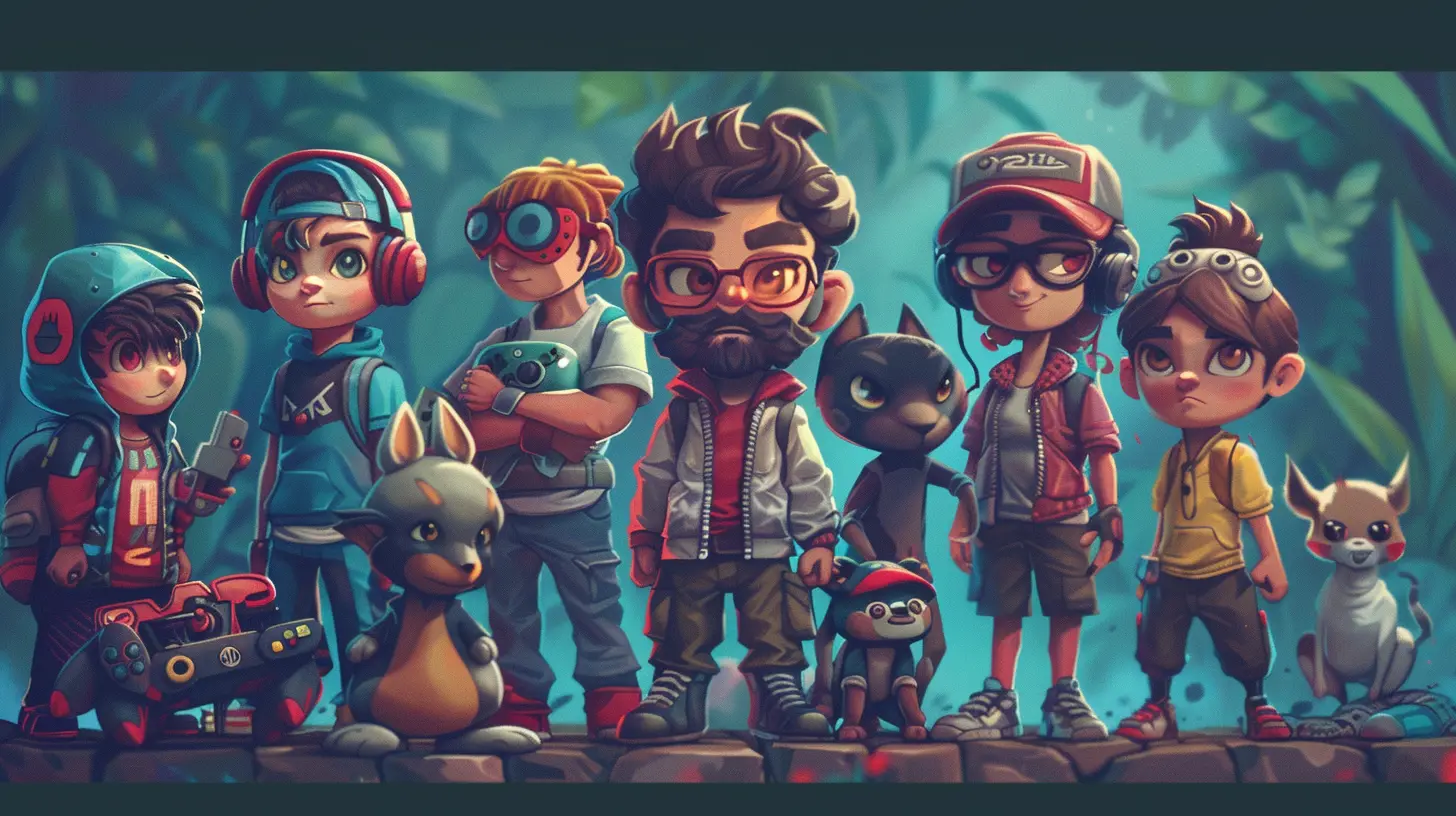
Why Do We Love Game Characters So Much?
Think back to the first game that really got you emotionally. Was it the selfless sacrifice in The Last of Us? The quirky humor of a companion in Mass Effect? Or maybe the adorable innocence of a character like Yoshi? Game developers have become masters at crafting characters designed to make you feel something. But why do we, as players, fall for it so hard?1. Storytelling Is Key
Humans are suckers for good stories—it’s just how we’re wired. In the same way books and movies captivate us, video games pull us into their worlds by giving us characters we care about. The big difference? Games let you take part in the story rather than just being a passive observer. You make decisions, control outcomes, and sometimes even interact directly with the characters. This level of involvement makes everything feel more personal, and it’s easier to bond with someone (or something!) when you feel like your actions matter to them.Think about a game like Red Dead Redemption 2. Arthur Morgan isn’t just a character; he’s your character. Every choice you make feels like a reflection of who he is, building a relationship that’s uniquely shaped by your actions.
2. They're Designed to Be Likeable (or Hateable)
Let’s be real: some game characters are designed specifically to tug at your heartstrings. They’ll have relatable flaws, lovable quirks, or even backstories that mirror real-life struggles. Take someone like Clementine from The Walking Dead series. Watching her grow, struggle, and survive feels like watching a friend's life unfold. On the flip side, even villains like Sephiroth from Final Fantasy VII can leave a lasting emotional imprint—whether it’s admiration, fear, or a mix of both.Game devs know that relatable and dynamic characters keep us invested. It’s like meeting someone in real life who just clicks with you—they’re hard to get out of your head.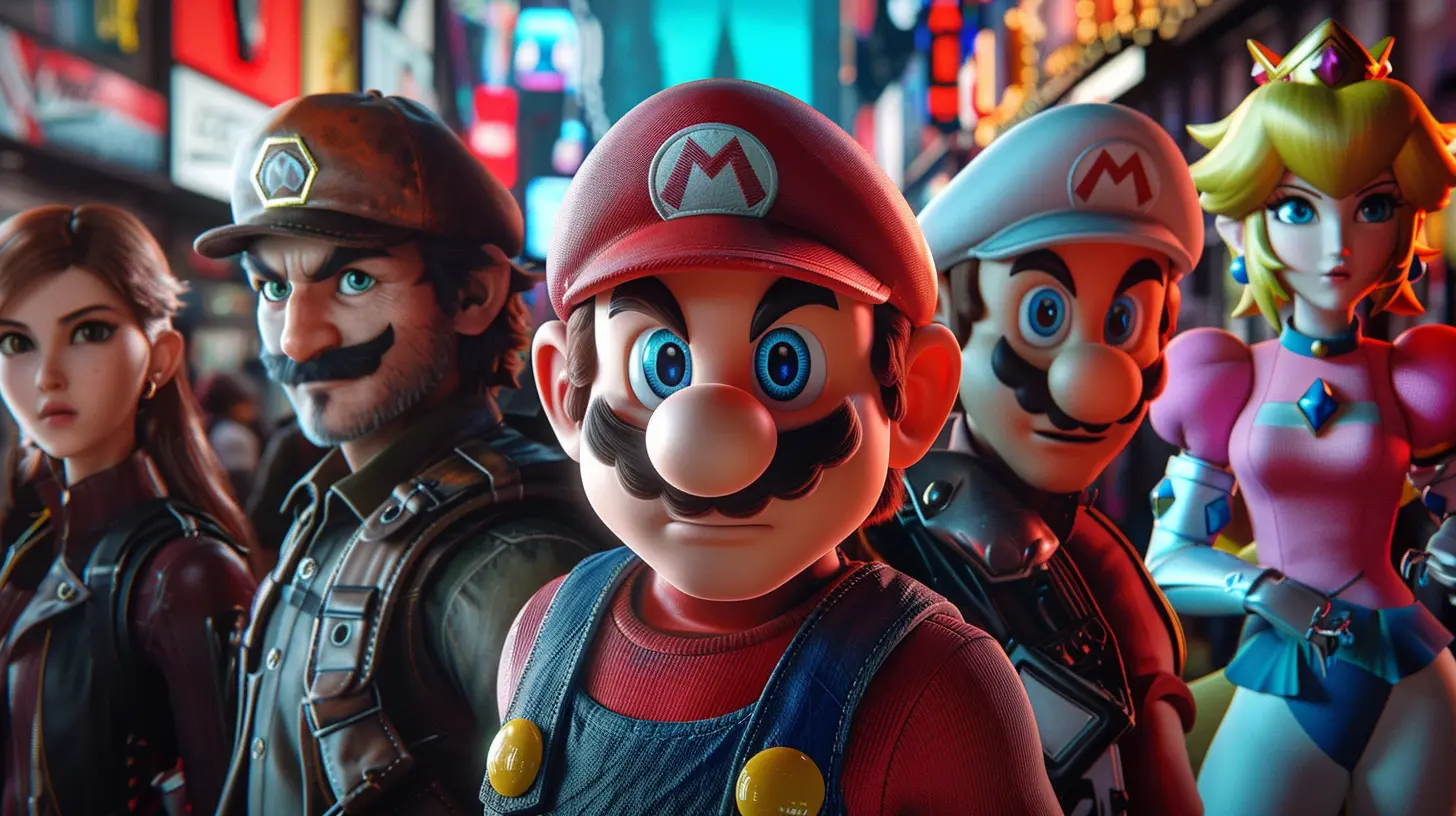
The Psychology Behind Bonding With Game Characters
Okay, time to get a little nerdy with some psychology. (Don’t worry, I promise this will make sense.) Forming emotional connections with video game characters isn’t some weird glitch in our brains—it’s a perfectly normal response to how our minds work.1. Parasocial Relationships Aren’t Just for Celebrities
Ever heard of parasocial relationships? It’s a fancy term for when people develop one-sided emotional bonds with someone they don’t actually know, like a celebrity or a TV character. Video games take that concept to the next level. Because you’re actively engaging with game characters, the parasocial bond feels less like admiration from afar and more like a genuine connection.In some cases, these bonds can even feel stronger than real-world relationships. After all, game characters don’t judge you, ghost you, or forget your birthday. They’re there for you, unconditionally, whenever you pick up the controller.
2. Empathy Through Shared Struggles
When you go through challenges alongside a character, it’s hard not to empathize with them. Helping Aloy from Horizon Zero Dawn uncover her mysterious past or trying to save a village with Geralt in The Witcher 3 creates a sense of camaraderie. It’s like going on an epic road trip with a friend—you’re bound to feel closer by the end.3. Immersion Amplifies Emotions
Games are uniquely immersive. Between stunning visuals, detailed world-building, and soundtracks that hit you right in the feels, it’s so easy to forget you’re playing a game. When you’re this absorbed, every interaction with a character feels more real. That’s why moments like Aerith’s death in Final Fantasy VII hit so hard—because in that moment, it feels like you’ve lost someone you actually knew.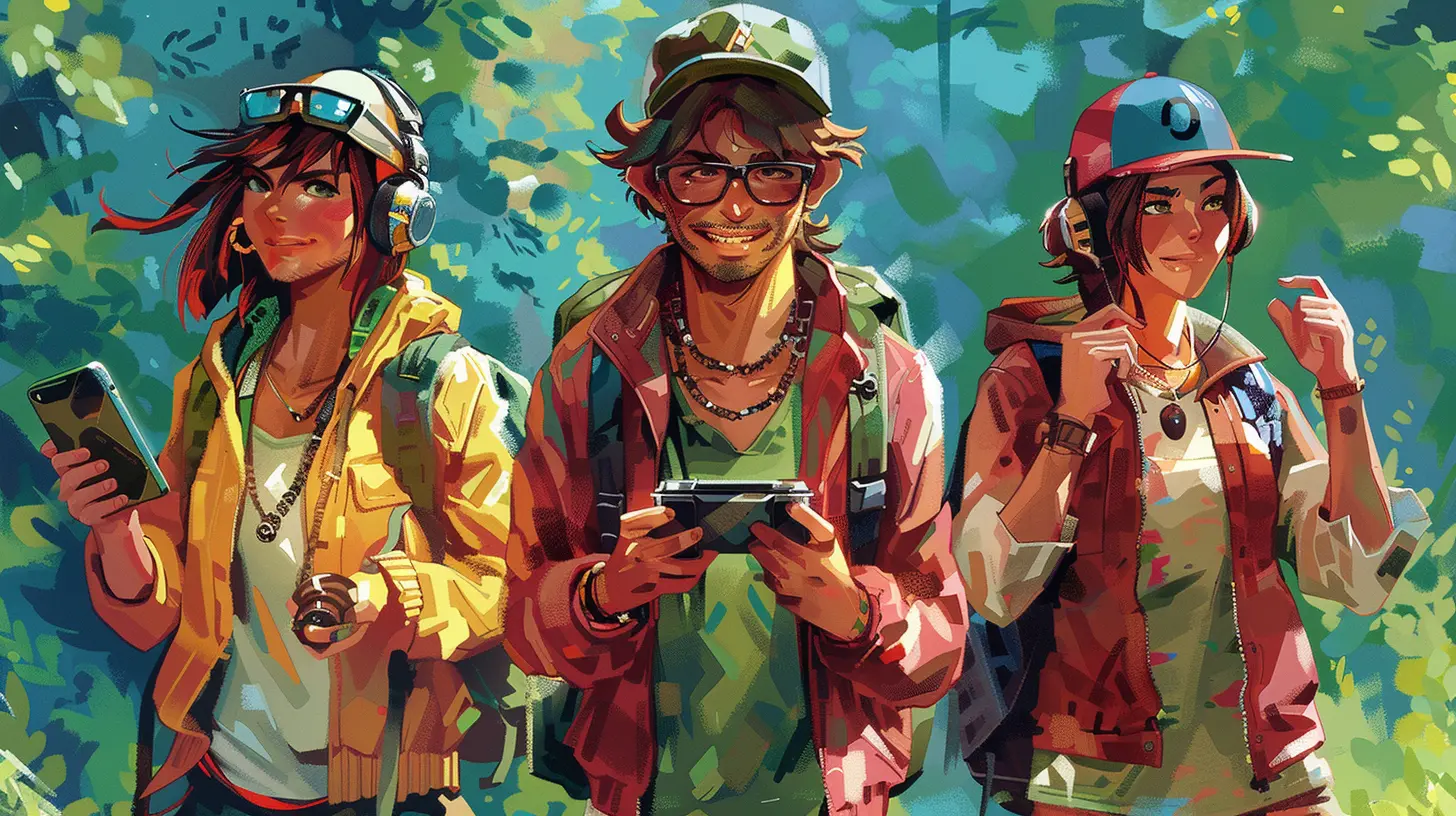
Why Emotional Bonds Matter in Gaming
You might be thinking, “Okay, cool, but why should I care?” Well, emotional connections with game characters are changing the very definition of gaming. It’s no longer just about beating the bad guy or leveling up—it’s about the experience.1. Games as Emotional Outlets
Let’s face it: life is chaotic, and sometimes we just need an escape. Video games can be incredibly therapeutic. They let us laugh, cry, and even work through our own emotions via the characters we encounter. Struggling with grief? A game like Spiritfarer might help you process those feelings. Feeling lonely? Characters from games like Persona 5 can make you feel like you’re part of a group.2. Gamers Are Demanding More
As gamers, we’re no longer satisfied with shallow stories or cookie-cutter characters. We want depth, emotion, and meaningful interactions. Developers are responding to that demand by creating games that push narrative boundaries. Titles like Life is Strange, Celeste, and Undertale are proof that emotional storytelling isn’t just a niche—it’s the future.3. Fostering Community
The bonds we form with characters often spill over into real life. Fans come together to share stories, create fan art, or even cosplay their favorite characters. These communities become a safe space to bond over mutual love for a game, turning isolated players into a supportive network of like-minded individuals.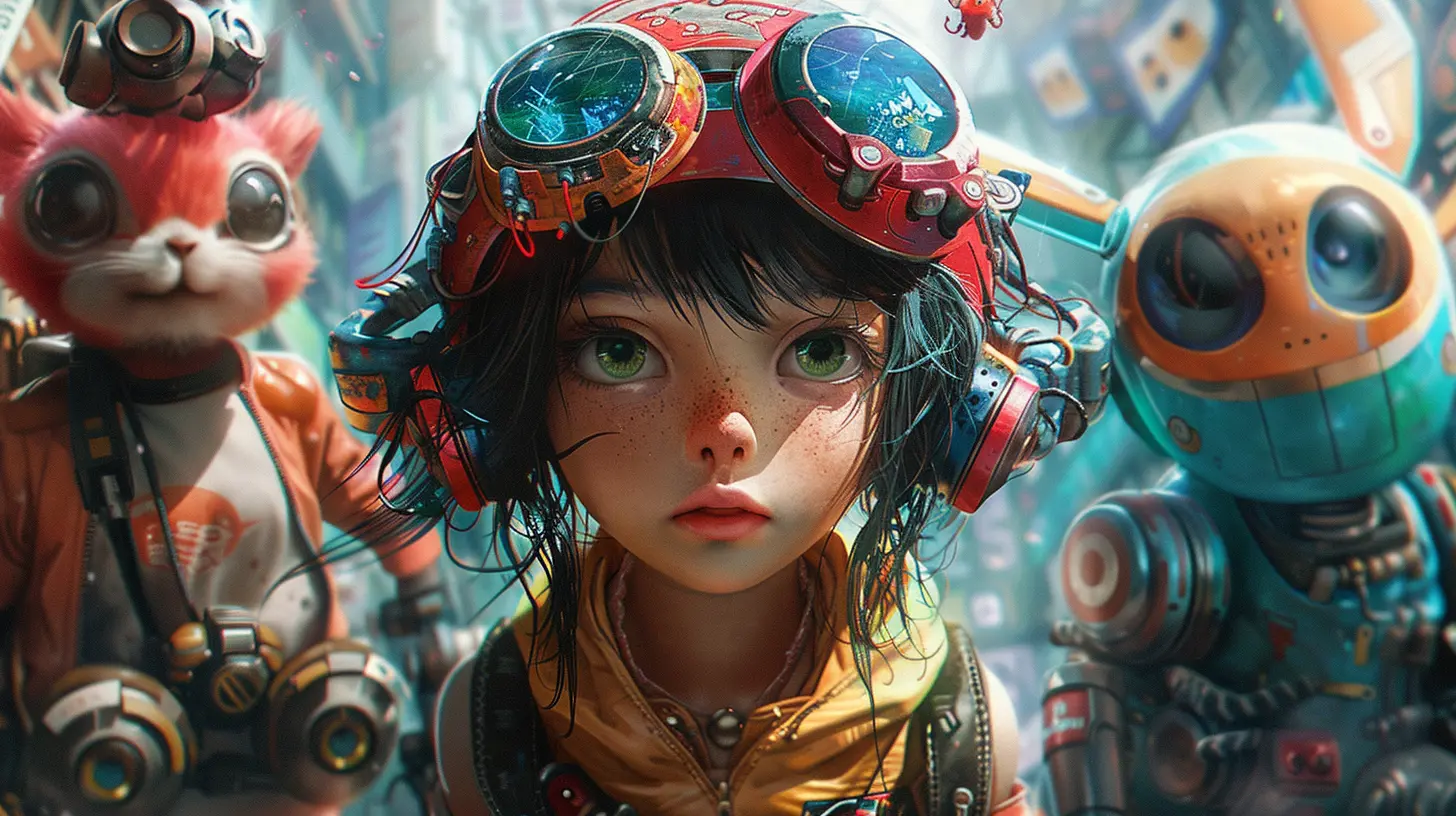
Will AI Companions Become Our New Best Friends?
With advancements in artificial intelligence, we’re now seeing a new generation of in-game characters that feel more alive than ever. Imagine a companion who remembers your choices across playthroughs or one who adapts to your playstyle. That’s not as far-fetched as it sounds! Games like The Sims or Detroit: Become Human have already scratched the surface, and the potential is limitless.But here’s the real question: could AI companions one day replace human friendships? Probably not, but they might get pretty darn close. After all, a digital friend who never judges you has its own appeal, especially in a world where maintaining real relationships can sometimes feel overwhelming.
Final Thoughts: Why We’ll Always Cherish Digital Friends
At the end of the day, our “digital friends” remind us of one simple truth: connection is universal. Whether it’s a neighbor, a pet, or a video game character, forming bonds is part of what makes us human. The joy, pain, and laughter we share with characters in games may not be “real” in the traditional sense, but that doesn’t make them any less meaningful.So, the next time you find yourself tearing up over a farewell scene or cracking up at a sidekick’s joke, don’t feel embarrassed. It just means you have a big heart—and gaming is lucky to have you.
all images in this post were generated using AI tools
Category:
Video Game CharactersAuthor:

Francesca West
Discussion
rate this article
1 comments
Kaitlyn Myers
Digital connections can enhance empathy but risk emotional detachment.
August 8, 2025 at 2:56 AM

Francesca West
Thank you for your insight! Indeed, while digital connections can foster empathy through shared experiences, they may also lead to a sense of detachment from real-life relationships. It's a delicate balance to maintain.

